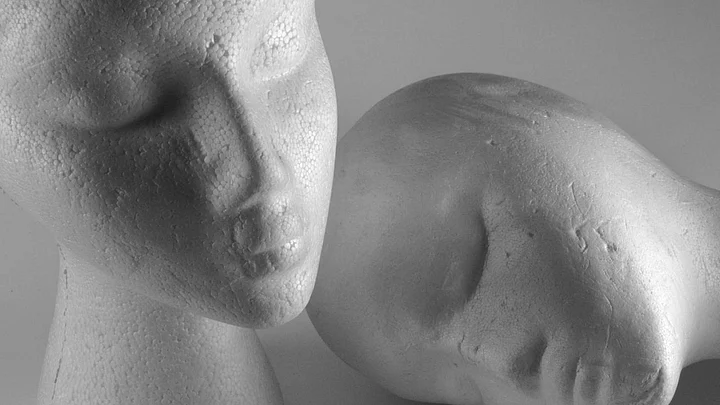The system had failed Aruna Shanbaug. Dust has barely settled on her death that another heart wrenching case from Agra has come to light.
Pushed to the edge by poverty, 42 year old daily wage labourer, Mohd Nazir wants to euthanise his 6 children suffering from a rare neurological disorder which has paralysed their lower bodies, impaired their vision and speech. This poor man has spent all his money for their treatment with little to show.
Mohd Nazir is not an isolated case. The medical and the legal community might wrangle over the topic of euthanasia, but the reality is that 1 in 5 suicides in India are due to the pain of a terminal illness. Pain caused by the weak social fabric, the out of reach medical care and the trauma of the illness.
Euthanasia may not be the solution but for the poor and desolate, poverty is a trap!
Turn to Religion for Mercy Killing
While the legal fraternity continues to debate death, home grown versions of euthanasia have been practised in the deep pockets of rural India since decades.
Thalaikoothal or “head pouring” is a death ceremony practiced in the rural areas of southern Tamil Nadu. When the elderly are seriously ill and the family cannot afford to provide, a date is set for the “slow death”, the relatives are invited to say goodbye. It is a social custom for which a collective decision is taken.
An extensive oil bath is given to an elderly person before dawn. The rest of the day, he or she is given cold coconut water in excess. This combination of hot oil bath and cold coconut water causes kidney failure. Within 12 hours, the body temperature increases suddenly. In a day or two, the elderly die of high fever , their bodies being too frail and too deficient to fight the sudden onset of temperature.
Thalaikoothal managed to remain obscure from society till 2010 but villagers in Tamil Nadu say it has been practiced since 4 decades.
A mouthful of mud: This is one of the more painful ways to die. If Thalaikoothal doesn’t work then mud is dissolved in water and forced down the throat of the elderly. It causes indigestion and an undignified death. Legend says, if the mud is taken from one’s own land, then the death is peaceful.
It is a crime the entire village is witness to but considered to be act of desperation rather than murder.
Poison Injections: This is a brutal step. Often a villager who knows some medical science is called for help and lethal drugs are injected into someone who has had a full life. Often it is the dying person’s wish to transcend from chronic poverty.
Euthanasia Appeals in the Past
2013 - Dennis Kumar, Tamil Nadu: This construction worker from Kanyakumari is aware of the irony in his demand. Parents wish for a healthy life for their children, yet Dennis filed to euthanise his 11 month old son who is in a vegetative state since birth. No doctor has even been able to diagnose the problem with the child.
2010 - Karibasamma: Penniless and abandoned by famliy, Karibasamma was the first female euthanasia petitioner from Karnataka. The 74 year old is frustrated from living alone in an old age home and is in acute pain from over a decade from “slip disc” and other age related ailments in an old age home from over a decade.
2008 - Jeet Narayan, Uttar Pradesh: This father of four sons from Mirzapur (UP) pleaded for euthanasia for all his sons – Durgesh, Sarvesh, Brijesh, and Sushil.
Suffering from muscular dystrophy, that’s a paralysis neck-down, the children cannot move or walk or even stand. They are completely dependent on their family for the most basic things like picking up a glass of water and eating; things we take for granted. Jeet Narayan wrote to President Pratibha Patil for a dignified way to end their suffering in 2008 only to get a rejection in a couple of months.
(At The Quint, we question everything. Play an active role in shaping our journalism by becoming a member today.)
